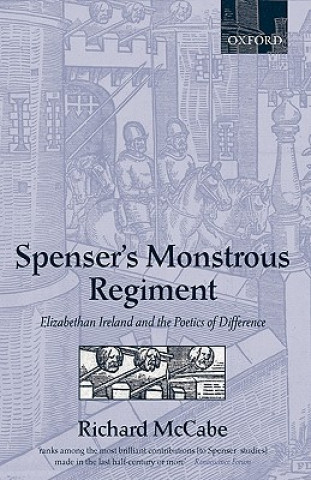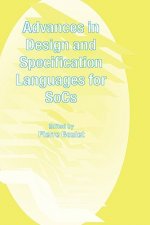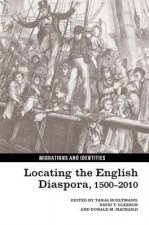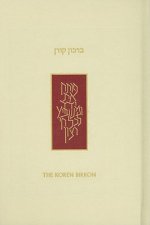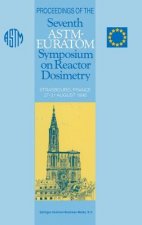
Doručení
Nákupní rádce





Nehodí se? Vůbec nevadí! U nás můžete do 30 dní vrátit
 Dárkový poukaz
V libovolné hodnotě
Dárkový poukaz
V libovolné hodnotě
S dárkovým poukazem nešlápnete vedle. Obdarovaný si za dárkový poukaz může vybrat cokoliv z naší nabídky.
Spenser's Monstrous Regiment
 Angličtina
Angličtina
 598 b
598 b
30 dní na vrácení zboží
Mohlo by vás také zajímat


Spenser's Monstrous Regiment examines the works of Edmund Spenser within the dual, but interactive, contexts of imperial aspiration and female 'regiment' to provide a reinterpretation of The Faerie Queene as a (frustrated) colonial romance more akin to Camoes' Os Lusiadas in its political and racial outlook than to the heroic verse of Ariosto or Tasso. It is the first study to contextualise Spenser's polemical response to the Irish colonial situation by reference to contemporary Gaelic literature, and particularly Bardic Poetry. The dialectical format of A View of the Present State of Ireland operates to exclude the Gaelic voice from participation in the Irish political debate, and contemporary criticism unwittingly participates in the exclusion through its concentration upon colonial tracts written by English politicians and planters. The present study constitutes a sustained attempt to reverse this tendency and thereby provide a new perspective for the understanding of his work. The enterprise is all the more significant to colonial studies in general in that Spenser virtually invented the techniques of interpretation, and denigration, that remained prevalent in colonial discourse for over two centuries. At the same time, the experience of writing from Ireland intensified Spenser's sense of alienation from female sovereignty and progressively displaced Virgilian with Ovidian perspectives as the would-be laureate became the critic in exile. The queen's apparent frustration of the colonial and expansionist aspirations of Grey, Leicester, and Ralegh led to the remarkable fusion of colonial and sexual anxieties manifest in Spenser's pervasive images of anti-heroic emasculation. Richard McCabe argues that structural incoherence of The Faerie Queene is directly related to the perceived absence of male 'regiment', of 'mans well ruling hand' (5. 5. 25). The prospect of miscegenation, and the generation of racially hybrid offspring amongst the planter community, intensified the dilemma by challenging Spenser's notions of national identity. His creation of an 'English' myth of origin coincided uneasily with the attempted discrediting of its Gaelic counterpart, as formulated, for example, in the Lebor Gabala Erenn. A View is therefore drawn to concede the fictive nature of the myth of origin upon which The Faerie Queene relies but without recognising, or admitting, the logical implications of this concession. If Spenser's 'faerie' race is intended to function as a metaphor for the successful assimilation of Briton, Saxon, Angle and Norman into a unified 'English' people, the opposite process of cultural assimilation operative in Ireland (regarded by Spenser as a process of racial degeneration) challenges the validity of that metaphor and the integrity of all political 'myth'.
Informace o knize
 Angličtina
Angličtina
Kategorie




 Jak nakupovat
Jak nakupovat















